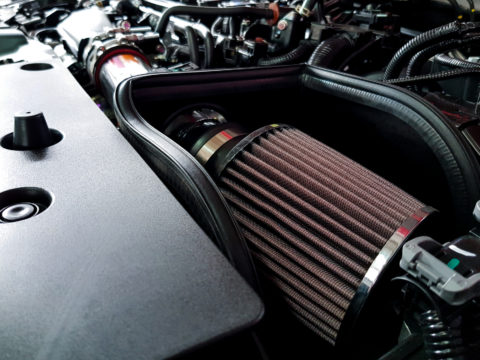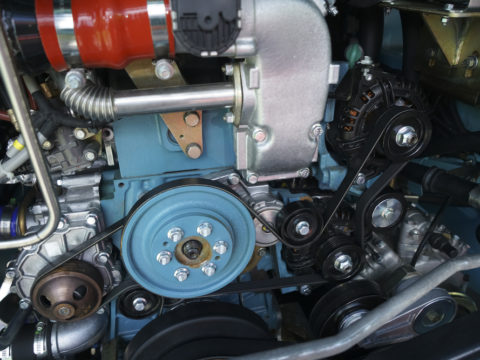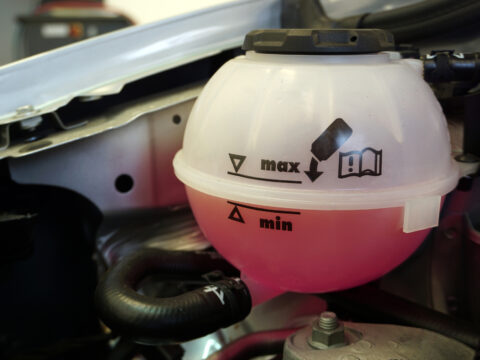Your car has many hoses for the distribution of coolant, air, hydraulic fluid and for fuel mixture sensing under the hood. Hoses will age and crack and or hose connectors will fail. When they fail you then may very well hear the sound made by high pressure hissing from air, steam, or fluid being forced out or in depending on the hose and part of your car it services. All these hoses are essential for your car to function efficiently and should be serviced at the first sound of trouble.
Cars meter the mixture of fuel and oxygen to maximize the power generated by its combustion moving the cylinders. A vacuum system helps the engine computer determine the precise engine condition and fuel and oxygen content. You will probably feel a vacuum hose problem before you hear it. A car with a leaking vacuum line will often have a rough or uneven idling. The car’s engine speed will fluctuate up and down as the engine computer struggles to find the right mix of fuel and oxygen. When you accelerate, the car will lack power and respond slowly to pressing down on the acceleration petal. Vacuum leaks often produce an audible hissing noise created by air being drawn through the failed hose.
Your engine’s temperature is kept at an acceptable operating temperature by a cooling system that circulates coolant through the engine and transfers the heat of the engine to the coolant. Your radiator and radiator fan help dissipate the heat from the coolant by forcing air past the coils in radiator. If any of the hoses that attach to the coolant system crack or disconnect you might see steam and hear high pressure steam hissing from the radiator hose or a gurgling sound coming from the coolant reservoir telling you that there is something wrong with the engine cooling system.
You will most likely first notice a diminishing level of engine performance in the case of a problem with your intake manifold. Intake manifold leaks aren’t common; if you do have one the manifold will actually suck additional air through the leak. Therefore that will be the noise you hear. This will put too much air into the cylinders and decrease the amount of gasoline that can be squeezed in alongside it, which will make for less efficient combustion. So if you notice that your car is responding more sluggishly every time you press down on the accelerator, a leak in the intake manifold could be the culprit
Failing hoses make hissing noises or leak fluids and most of the time this noise is barely audible above the engine hum so you have to listen closely. You may also see puddles of liquid under your car in the morning which means something is leaking.














